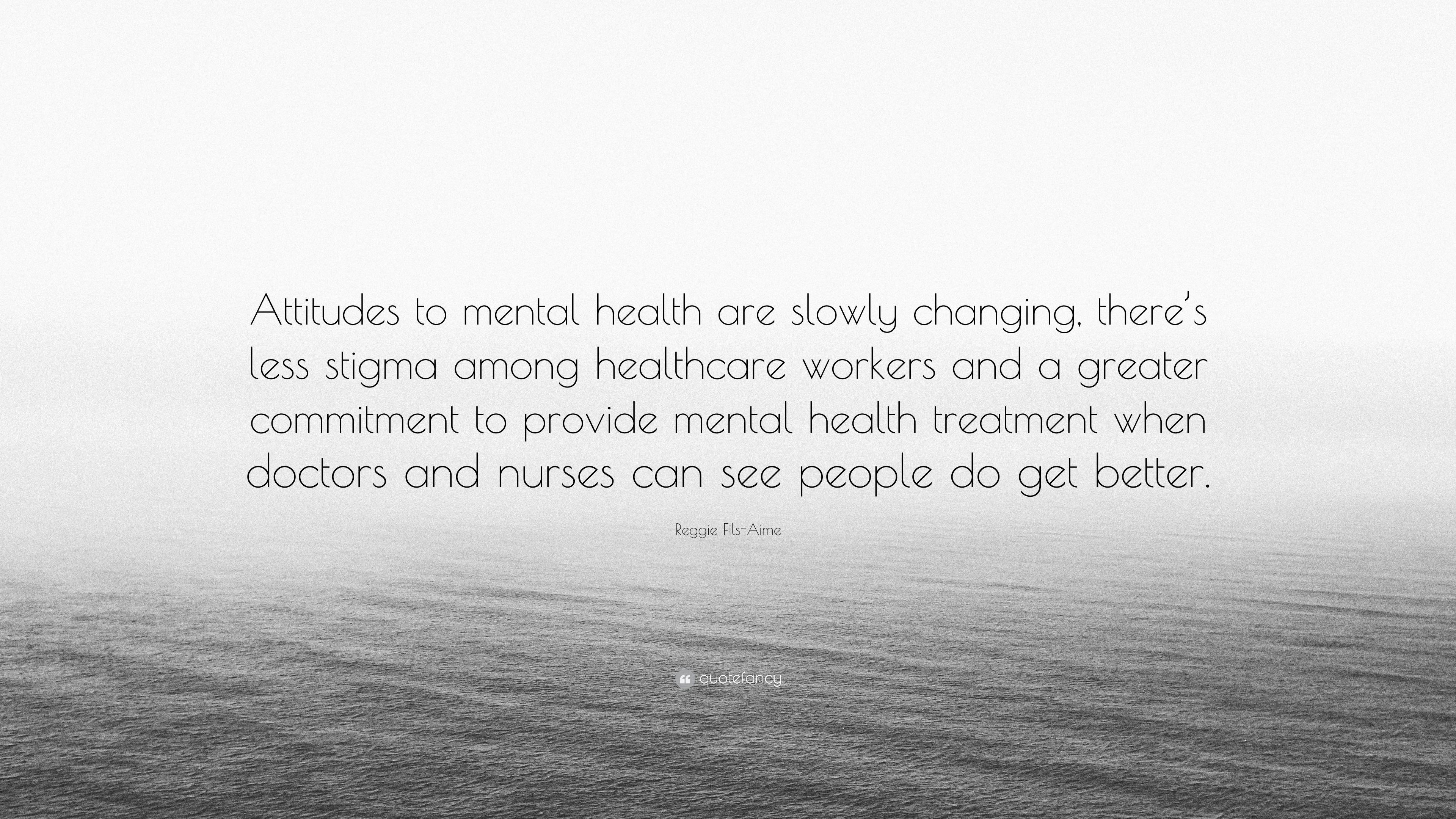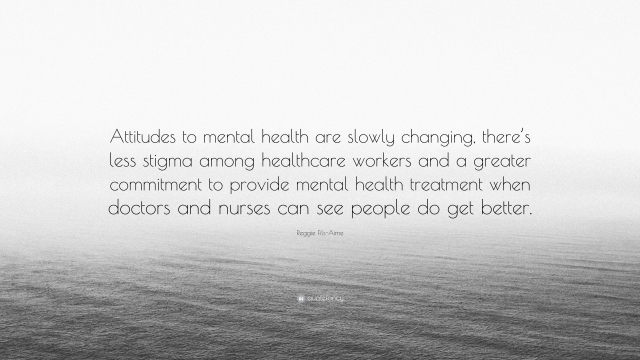In today’s fast-paced and demanding world, mental health has emerged as a crucial aspect of our overall well-being. It is particularly vital during teenage years when individuals are navigating the challenges of adolescence and transitioning into adulthood. Adolescence is a pivotal phase marked by immense changes and pressures, making it essential to focus on teen mental health and provide them with the necessary support and tools to thrive.
However, the journey towards mental resilience is not always an easy one. Teenagers may face a wide range of mental health issues such as anxiety, depression, and stress. These challenges can manifest in various ways, affecting every aspect of their lives including school performance, relationships, and overall happiness. Recognizing the importance of addressing these issues, the field of teen mental health therapy has gained significant attention.
Teen mental health therapy serves as a guiding light for individuals navigating the intricacies of their emotional well-being. It provides a safe space to express thoughts and emotions without judgment, allowing teenagers to explore their inner selves and gain a deeper understanding of their own experiences. Through a combination of talk therapy, coping strategies, and sometimes medication, teen mental health therapy becomes a valuable tool in empowering young individuals to develop resilience and navigate the challenges that life throws their way.
In the following sections, we will delve into the power of teen mental health therapy, exploring different therapeutic techniques, common challenges faced by adolescents, and practical strategies for building mental resilience. Together, we will unravel the road to mental resilience and help unlock the immense power within. So, let’s embark on this journey towards nurturing wholesome mental health and enabling teenagers to thrive in a world that constantly demands their best.
Recognizing the Signs of Teen Mental Health Issues
A crucial aspect of promoting teen mental health is early recognition of potential issues. Adolescence is a complex and dynamic stage of life, often characterized by emotional turbulence and self-discovery. It is essential for parents, educators, and caregivers to be attentive to signs that may indicate underlying mental health challenges. By being observant and proactive, we can play a pivotal role in supporting and guiding teens towards healthier mental well-being.
Firstly, changes in behavior can be significant indicators of teen mental health concerns. If you notice sudden shifts in their mood, such as persistent sadness, irritability, or withdrawing from social activities, it may be a cause for concern. Other behavioral changes to look out for include a decline in academic performance, lack of interest in previously enjoyed hobbies or extracurriculars, or sudden changes in sleep patterns.
Secondly, pay attention to any physical symptoms that your teen may be experiencing. Frequent headaches or stomachaches without any underlying medical cause might be signaling mental distress. Unexplained weight loss or gain, changes in appetite, or excessive fatigue could also be signs to be wary of. While it is vital not to jump to conclusions, being aware of these physical manifestations can prompt further investigation if necessary.
Lastly, keep an eye out for changes in social interactions and relationships. Teens who are facing mental health challenges may exhibit a noticeable decline in their social interactions. They may start isolating themselves from friends or show a sudden lack of interest in maintaining relationships. Additionally, sudden changes in peer group or behavior, being excessively self-critical, or displaying heightened sensitivity to rejection may also be red flags.
In conclusion, recognizing the signs of teen mental health issues is crucial for early intervention and support. By being attuned to changes in behavior, physical symptoms, and social interactions, we can create a safe and supportive environment for teenagers to navigate their mental well-being. Let us work together to promote awareness and understanding of teen mental health, providing the necessary resources and guidance they need on their journey to resilience.
Exploring Effective Therapy Options for Teens
When it comes to promoting mental health among teenagers, effective therapy options can play a crucial role in providing support and guidance. Teenagers often face unique challenges and pressures that can contribute to mental health issues. By exploring therapy options specifically tailored for teens, we can uncover tools and strategies to help them navigate these challenges and build resilience.
Cognitive Behavioral Therapy (CBT):
One of the most widely recognized and researched therapy approaches for teenagers is Cognitive Behavioral Therapy (CBT). CBT focuses on identifying and changing negative thinking patterns and behaviors that contribute to mental health difficulties. By helping teenagers challenge negative thoughts and develop healthier coping mechanisms, CBT empowers them to gain control over their emotions and responses. This therapy modality can be particularly effective in addressing anxiety, depression, and self-esteem issues among teens.
Teen Mental Health Treatment In BoiseFamily Therapy:
Family therapy recognizes the importance of family dynamics in a teenager’s mental health. Teenagers often experience conflicts and tensions within the family that can impact their overall well-being. Family therapy aims to improve communication, resolve conflicts, and enhance family relationships. By involving the entire family in the therapeutic process, teenagers can address underlying issues and receive the necessary support from their loved ones. This collaborative approach not only helps teenagers develop strong support systems but also strengthens family bonds.Expressive Arts Therapy:
Expressive Arts Therapy provides a creative outlet for teenagers to explore and express their emotions. Through various art forms such as painting, drawing, music, or dance, teenagers can communicate their inner struggles and experiences in non-verbal ways. This therapeutic approach encourages self-expression, self-discovery, and emotional healing. By engaging in the creative process, teenagers can develop a deeper understanding of themselves and find healthy ways to cope with difficult emotions.
By exploring effective therapy options for teenagers, we can assist them in their journey towards mental resilience. Whether it’s through CBT, family therapy, or expressive arts therapy, providing the right support and guidance can make a significant difference in helping teenagers overcome mental health challenges and thrive in their lives.
Building Resilience: Strategies for Teen Mental Well-being
Adolescence can be an overwhelming and stressful period in a person’s life. It is essential for teenagers to develop strategies that promote their mental well-being and foster resilience. By cultivating resilience, teens can better navigate the challenges they face and build a strong foundation for their mental health. Here are three effective strategies that can contribute to teen mental resilience:
Self-Care Practices: Encouraging teens to prioritize self-care is a fundamental step in promoting their mental well-being. Engaging in activities that promote relaxation, such as practicing mindfulness, engaging in hobbies, or spending time in nature, can be essential for maintaining emotional balance. By dedicating time for self-care, teenagers can recharge and develop a deeper sense of self-awareness and emotional stability, helping them navigate stress more effectively.
Seeking Social Support: Developing a strong support system can significantly contribute to a teenager’s mental resilience. Encourage teens to foster positive relationships with trustworthy friends, family members, or mentors who can provide emotional support and guidance during challenging times. By sharing their experiences and feelings with trusted individuals, teens can gain different perspectives and receive the support they need, strengthening their ability to cope with adversity.
Building Coping Skills: Equipping teens with effective coping skills empowers them to manage stressors and build resilience. Encourage teens to explore various coping mechanisms, such as journaling, meditation, or exercise, to find what works best for them. Developing healthy coping strategies enables teenagers to effectively deal with emotional challenges, manage their emotions, and cultivate a positive mindset even in difficult situations.

By implementing these strategies, teenagers can build their mental resilience and develop the necessary tools to thrive in today’s demanding world. It is crucial to support teens in their journey towards mental well-being, providing them with the guidance and resources they need to navigate the ups and downs of adolescence.


